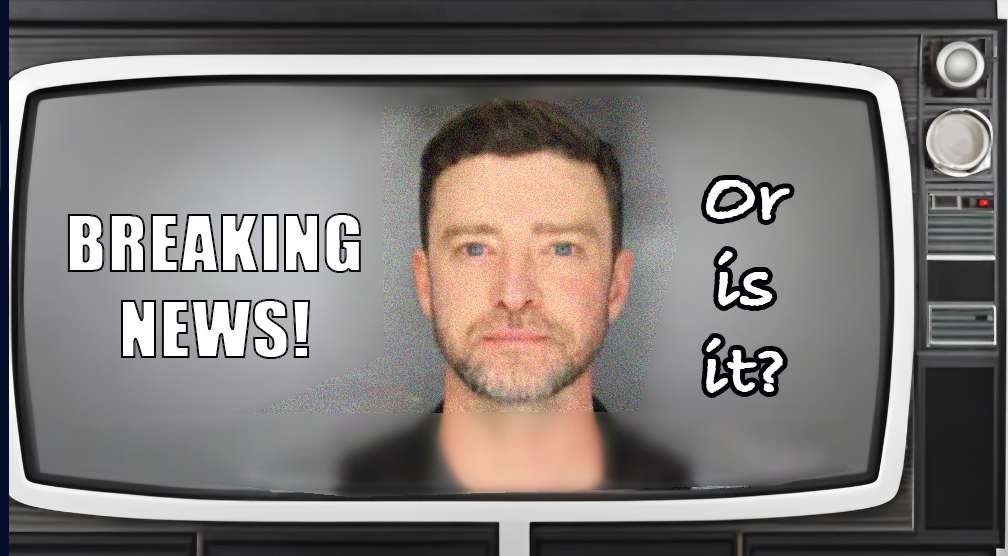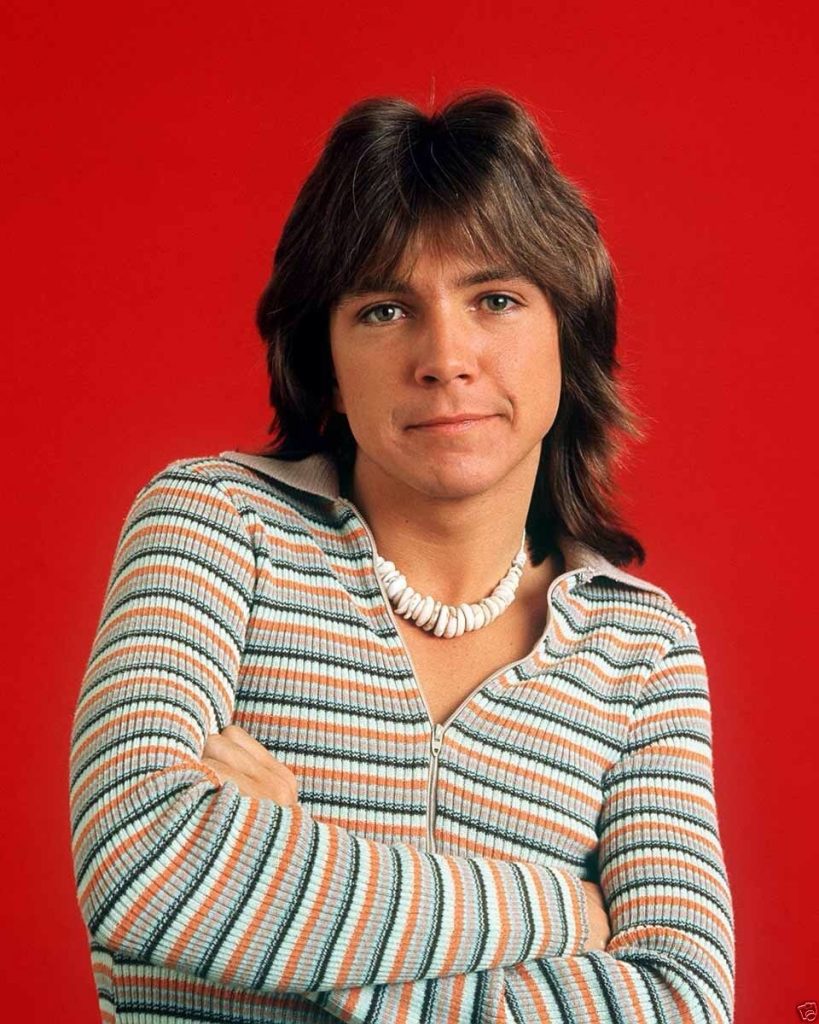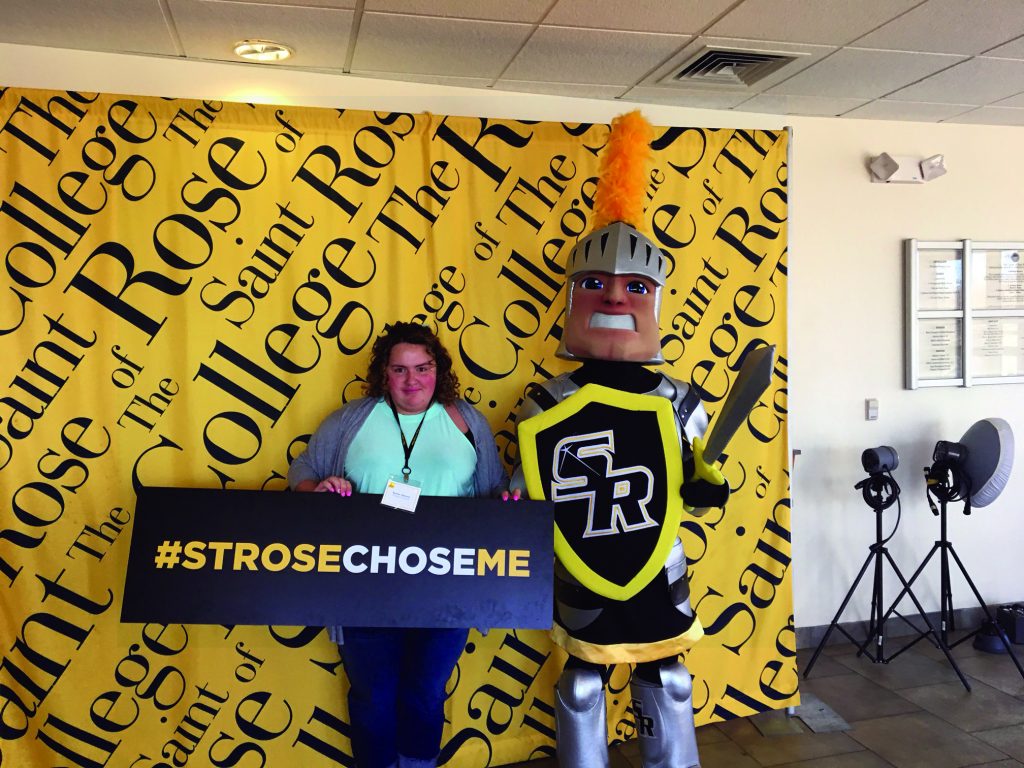By Ed Townley
Special to Campus News
Millennials are more likely to support socialism than capitalism, according to a shocking Gallup poll.
Do today's youth actually want to take up collective farming and outlaw private property? Not really. They're just expressing their dissatisfaction with big corporations, which so often put profits before people. Fewer than half of millennials think businesses behave "ethically," according to a recent Deloitte survey.
It's not hard to see why they're so glum. Some of America's biggest companies have recently found themselves mired in scandal. Apple deliberately slowed down its older model iPhones, presumably to force customers to upgrade. Wells Fargo set up accounts without consumers' permission and tricked some customers into buying useless auto insurance.
Consumers, especially young people, have had enough. They're raising the ethical bar higher for all businesses. Luckily, there's a way for firms to meet these expectations while improving profitability.
How? By becoming a "B Corporation."

Unlike traditional businesses, which have a legal obligation to maximize shareholder profits, B Corps must "balance profit and purpose" to guarantee transparency, accountability, and social and environmental responsibility.
Many consumers refuse to patronize businesses that don't share their values.
When consumers found that Facebook let political data firm Cambridge Analytica gain access to private consumer profiles, #DeleteFacebook sprung up over 10,000 times on Twitter within two hours. While they're quick to punish unethical businesses, consumers seek out and reward sustainable ones. More than three in four millennials do online research to see if corporate social or environmental initiatives are "authentic."
At Unilever, the multinational company known for Axe body spray, Lipton tea, Hellmann's mayonnaise, Ben & Jerry's, and countless other consumer goods, the company's "sustainable" brands are growing 30 percent faster than the company's other brands.
Businesses can meet consumers' demands for more ethical behavior -- and still boost their bottom lines -- by becoming B Corps.
The designation is more than just a feel-good title; during a formal certification process, a non-profit known as B Lab evaluates a company's governance along with its worker assistance programs, community investment, and environmental impact. Companies seeking certification must also demonstrate that their legal frameworks take all stakeholders, not just shareholders, into account.
Once a company is certified, it's re-reviewed every three years.
Thus far, B Corps are thriving.
Take Patagonia, the outdoor clothing retailer. In 2016, its decision to donate 100 percent of its $10 million in Black Friday earnings to environmental nonprofits earned it 24,000 customer sign-ups in a single day.
Or consider ice cream giant Ben and Jerry's, which proudly advertises its B Corp certification. From helping the environment to championing fair trade and fair wages, the company's social mission has helped it nearly triple its revenue since 2000.
In the United Kingdom, certified B Corps are growing 28 times faster than the economy at large.
B Corp Certification can even serve as an internal wake-up call for businesses. My company, Cabot Creamery Co-op, valued sustainability and corporate responsibility even before we applied for B Corp status. But after taking the B Impact Assessment, we realized we could execute better. Becoming a B Corp helped us document and enhance our sustainability programs on our farms and in our business model for our retail partners and our consumers.
Young consumers aren't afraid to break up with businesses that don't value sustainability. By becoming B Corps, firms can keep consumer relationships strong and lend value to our collective community.
Ed Townley is CEO of Cabot Creamery Co-op.








Facebook Comments